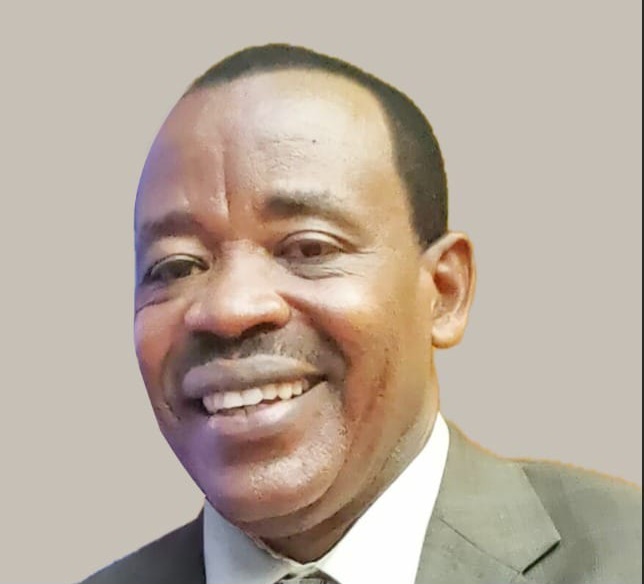Upholding the Integrity of Kenyan Examinations: A Collective Duty

By Dr. Paul K. Wanjohi, Education Expert
Examinations are the backbone of any education system, and Kenya is no exception. They serve as the benchmark against which we measure the knowledge, skills, and abilities of our students.
However, the credibility of these examinations is under constant scrutiny. In this column, I want to emphasize the urgent need to preserve the integrity of examinations in Kenya, highlighting that this responsibility is shared by all Kenyans, irrespective of their age or economic status.
Why does the credibility of examinations matter so much?
First and foremost, credible examinations ensure fairness and equal opportunities. Every student, regardless of their background or circumstances, should have an equal chance to succeed. When examinations are compromised, it undermines the trust in the education system and perpetuates inequality. Those with resources or connections may gain an unfair advantage, creating a deeply unjust playing field.
Furthermore, credible examinations motivate students to strive for academic excellence. The pursuit of knowledge and skills is at the heart of education, and credible exams are vital in recognizing and rewarding genuine efforts. When students know that their hard work will be recognized and that cheating won’t go unpunished, it drives them to reach their full potential.
Moreover, credible examinations are essential for national development. They serve as a yardstick for the quality of education in Kenya. A credible education system produces skilled and knowledgeable citizens, which is crucial for national growth, economic development, and global competitiveness.
What are the threats to examination credibility?
Examination cheating and malpractice, including leakages, impersonation, and bribery, are significant threats to the credibility of examinations in Kenya. These activities erode the meritocratic principles upon which our education system is built.
Corruption within the examination process, involving officials responsible for setting and administering exams, is another severe threat. It compromises the integrity of the entire education system and erodes public trust.
Advancements in technology have also introduced new avenues for examination fraud, such as online cheating and hacking. These challenges require continuous vigilance and adaptation in examination security measures.
How can we ensure credible examinations?
Ensuring credible examinations is a collective responsibility:
Education Institutions: Schools, colleges, and universities must prioritize maintaining high standards of academic integrity. This includes implementing strict anti-cheating measures, conducting thorough investigations into any allegations of malpractice, and fostering a culture of honesty and responsibility among students.
Government and Regulatory Bodies: Government agencies and regulatory bodies, such as the Kenya National Examinations Council (KNEC), must take proactive steps to prevent examination malpractice. This includes investing in secure examination logistics, implementing technology-based security measures, and prosecuting those involved in cheating and corruption.
Parents and Guardians: Parents and guardians play a crucial role in instilling values of honesty and responsibility in their children. They should also discourage any involvement in cheating or unethical practices related to examinations.
Civil Society and the Media: Civil society organizations and the media have a vital role in holding institutions accountable and raising awareness about the importance of credible examinations. Their watchdog function can help expose corruption and malpractice.
Students and the Youth: Students must understand that cheating not only undermines their own future but also jeopardizes the future of the nation. They should be encouraged to report any instances of malpractice they encounter.
In conclusion, the credibility of examinations in Kenya is a matter of national importance. It is a responsibility that falls upon all Kenyans, regardless of age or economic status. Upholding the integrity of examinations is essential for ensuring fairness, academic excellence, and national development. Let us unite to combat examination malpractice and corruption, safeguarding the future of our education system and our beloved nation.@Paul K.Wanjohi- Director Sharp Education Centre & Junior school, Nairobi-paulwanjohi63@gmail.com








